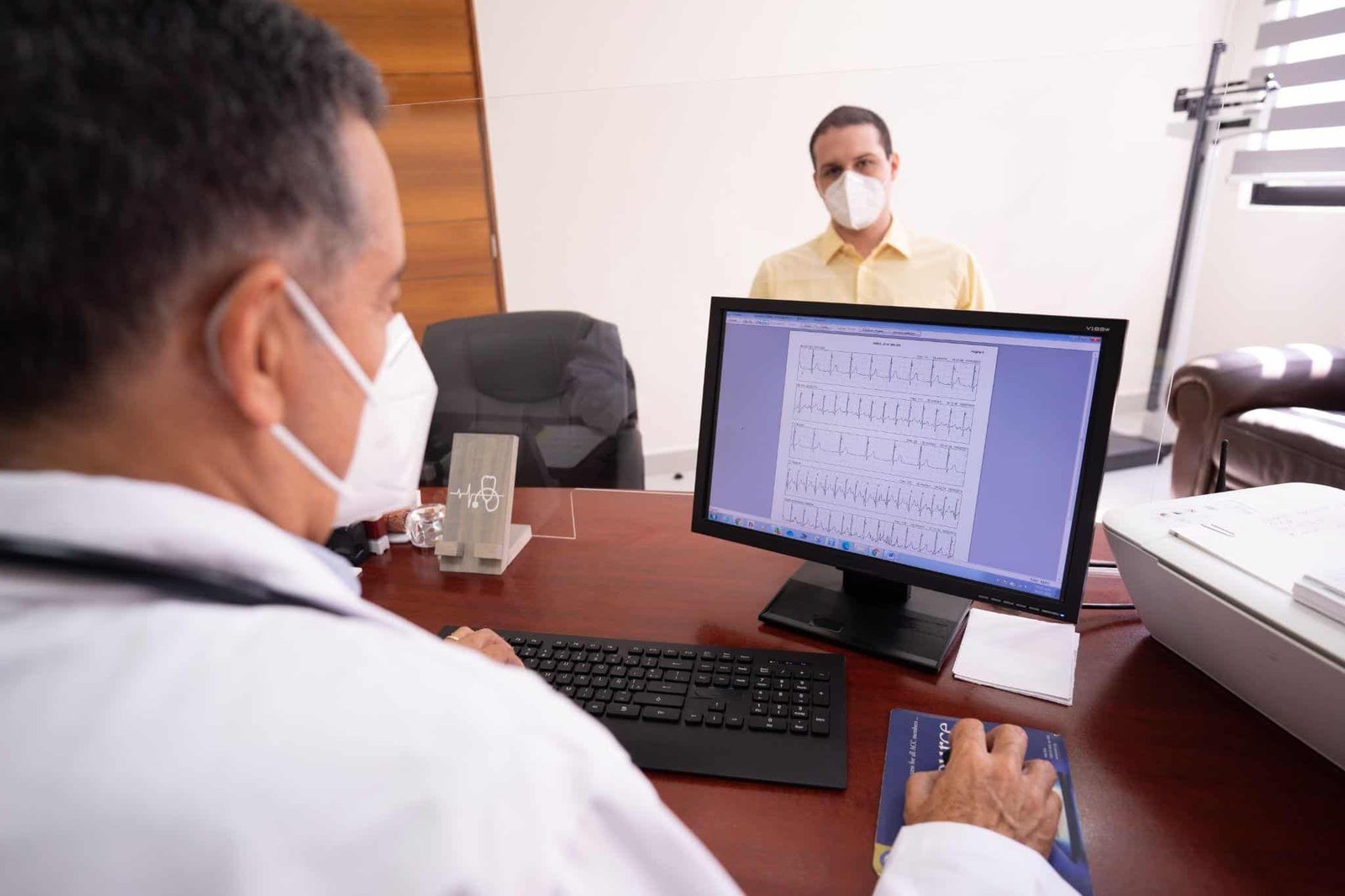Telemedicine and remote patient care have revolutionized healthcare delivery, highlighting the significance of personalized approaches. By incorporating personalized strategies, we not only improve medical efficacy but also ensure compassionate, patient-centric experiences. The integration of technology in healthcare has propelled the growth of remote care, enabling patients to receive medical attention without physically visiting a facility. While this enhanced accessibility is undoubtedly beneficial, it also poses challenges that necessitate innovative solutions.
The Rise of Remote Patient Care
Telemedicine, also known as remote patient care, has become incredibly popular because of its convenience and effectiveness. Patients can now consult healthcare professionals such as Craft Concierge, to receive primary and personalized care. This has proven especially important during times of crisis like the recent global pandemic when in-person visits were limited.
Challenges in Remote Patient Care
However, providing healthcare remotely does come with its own set of challenges. The absence of face-to-face interaction can sometimes result in misdiagnoses or incomplete assessments. Additionally, safeguarding patient data security and privacy has become a primary concern in the digital domain. It is through addressing these challenges that personalization becomes crucial.
The Role of Personalization
In remote patient care, personalization is key. It means customizing medical treatment and advice to meet the specific needs of each patient. By taking into account their medical history, lifestyle, and preferences, healthcare providers can offer recommendations that are not only accurate but also meaningful to the individual. This helps build a stronger rapport between patients and providers and improves the overall care experience.
Benefits of Personalized Remote Patient Care
Personalization offers several benefits in healthcare. Firstly, it allows for more precise diagnoses and treatment plans because healthcare providers have a thorough understanding of the patient’s medical history. Secondly, it empowers patients to actively participate in their healthcare journey as they feel acknowledged and understood. Moreover, personalization can enhance medication adherence and improve long-term health outcomes.
Technological Enablers of Personalization
Technology has been instrumental in facilitating personalized remote patient care. Through the use of artificial intelligence and machine learning algorithms, healthcare providers can analyze extensive patient data to detect patterns and offer predictive insights. Additionally, wearable devices and remote monitoring tools enable real-time tracking of vital signs, significantly improving the precision of tailored care plans.
Ethical Considerations
While personalization offers many advantages, it also introduces ethical concerns. It is crucial to find a balance between using data for improvements while still respecting patient privacy. Healthcare providers must prioritize secure storage of patient information and seek informed consent for its utilization. Maintaining trust with patients requires transparent communication about how their data is handled.
Implementing Personalization
In order to successfully implement personalization in healthcare, organizations should make investments in robust data analytics systems. It is crucial for healthcare providers, data scientists, and software developers to collaborate in developing accurate recommendation algorithms. Additionally, regular training and education on personalized care practices are essential for healthcare professionals.
Success Stories of Personalized Remote Care
Healthcare institutions have already seen success in providing personalized remote patient care. One example is a diabetes management app that uses patient data to suggest custom dietary plans and insulin regimens. Virtual physical therapy sessions are also being used, tailored to each patient’s individual recovery progress.
The Future Landscape
The future of remote patient care is undeniably connected to personalization. With the continuous advancement of technology, the level of accuracy and customization will only improve. Patients can look forward to care plans that take into account their genetic characteristics, environmental influences, and even their individual preferences.
Conclusion
To enhance remote patient care, personalization is key. By customizing medical treatment and advice to each individual patient, healthcare providers can improve the quality of care and build stronger relationships with their patients. As technology advances, the seamless integration of personalization will guide the future of healthcare toward more effective and compassionate practices.
